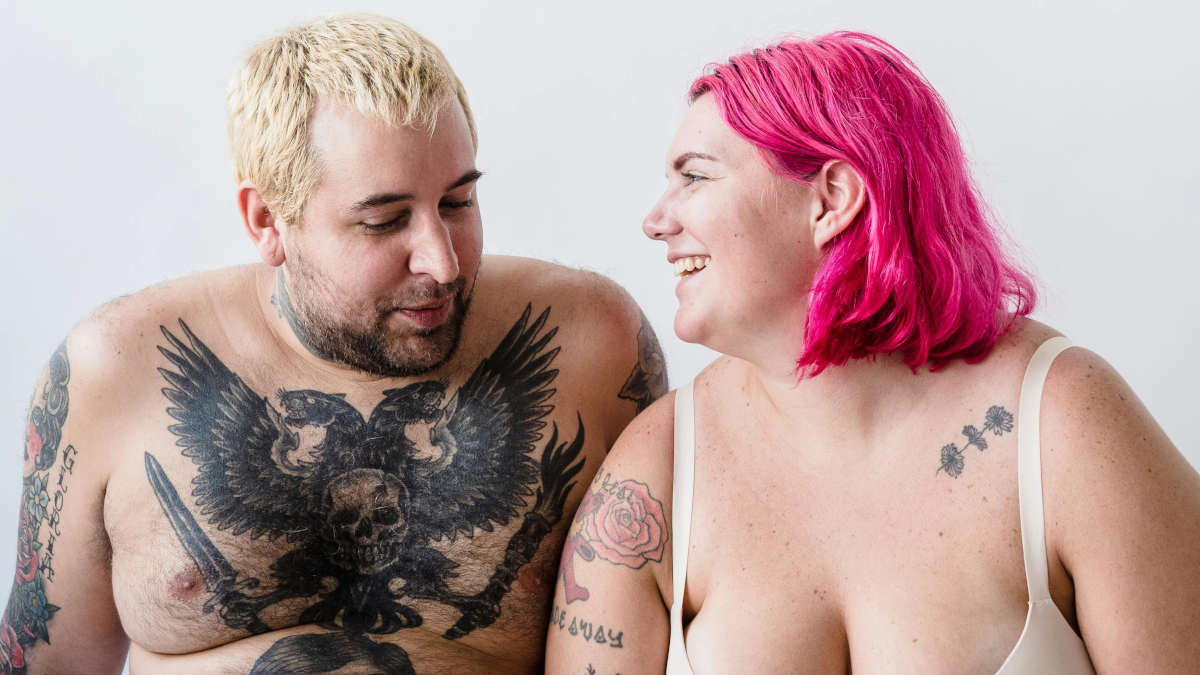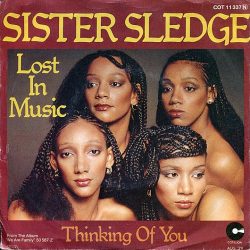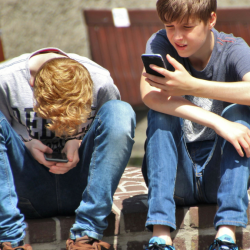As with most ideas I tend to have, what starts out as a simple thought for a piece balloons, until I realise I need to fix the world (or in this case, social media) with an article. Which is never my intention when I begin, but it does seem to go that way. Anyway, let’s get into it. The idea for this one began because I was thinking about how, a year ago in Jan 2023, Meta’s advisory board told Facebook and Instagram to overhaul their policy on bare breasts. (Bear with me, this isn’t a sordid piece, more just musing on the nature of social media and its place in the internet, and our lives. So… nothing that deep really.) As far as I can tell, nothing has yet been done about Meta’s ruling or ‘advice’. Or at least, after a flurry of articles from various publications a year ago, no one else has talked about the ruling since then. I assume Facebook and Instagram are simply dragging their heels, and I get why. For social media platforms, bodies and words are tricky. To some extent, they always have been.
As recently as December 2023 Twitch rolled out an ‘artistic nudity policy’, only to roll it back again within twenty four hours. Morgan Sung of TechCrunch reported on this with the headline ‘Twitch cracks down on boobs again..’, which will no doubt get you clicking to read the piece, but something more fundamental is at play. Twitch CEO Dan Clancy said the artistic nudity update was ‘supposed to allow creators to utilise the human form in their art’, which was met with approval from the art community on the platform, yet others had concerns. And thus the policy was reversed.
Ultimately, all social media platforms struggle with this type of content regulation, in both their early growth stages and maturity. In May last year Chris Stokel-Walker of WIRED touched on Bluesky’s ‘nudes problem’, and said ‘Sexual expression is a driver of growth for online platforms, while simultaneously also being the first thing that people latch on to as unacceptable once a platform reaches any kind of critical mass.’
For me, this nails the issue. And it’s something Tumblr experienced in their epic rise and fall, and possible rise again (if Gen Z saves it, which has been suggested).
Tumblr CEO Matt Mullenweg wrote about this a couple of years ago, saying ‘no modern internet service in 2022 can have the rules that Tumblr did in 2007’. He went on to say the ‘casually porn-friendly era of the early internet is currently impossible’. The reason being that it’s largely down to what credit card companies and Apple’s App store will allow. And you can see this in how cautiously TikTok operates, clamping down on a whole host of words that even remotely suggest any kind of edgy content. So much so that it’s given way to a rise of euphemisms that users use to avoid bans or shadowbans, such as ‘seggs’ instead of ‘sex’. Writing for Her Campus, Zoë Hecht says this practice has gotten so prolific that it’s led to the rise of a second language on the platform, largely driven by Gen Z. She says this is down to their ‘grit and determination’ and ‘refusal to be censored or silenced’. Which is admirable, but it’s a somewhat sad state of affairs that they have to do this.
Is that it, then? Are the Wild West days of social media over? To return to the CEO of Tumblr and his comments for a second: no modern service can have the rules Tumblr did in 2007. Well, what about Twitter/X? They do seem an outlier. In March 2021 The Independent reported that ‘Twitter is becoming like OnlyFans’, and in October 2022 Business Insider ran a piece saying a total of 13% of Twitter was NSFW, which was its fastest growing area. The company even had a plan to launch a subscription service akin to OnlyFans, but again, had trouble with regulation of this type of content and abandoned the project.
Perhaps even Twitter/X has realised that social media and ‘adult’ content simply don’t go together. In August last year Rolling Stone said it’s ‘basically the only platform on the internet that creates any space whatsoever for sex workers to exist’. Not that nudity equals sex or porn, per se, but for social media platforms it’s hard to effectively make that distinction. For Twitter/X, the article goes on to say ‘even though porn is allowed on X, it’s very difficult for creators to make money off it directly, as the platform’s creator monetization standards prohibit adult content.’ And in October last year Rolling Stone reported on how it looks like the platform is continuing to go after sex workers and creators of adult content with more gusto. Since their OnlyFans plan didn’t work out, maybe this course of action was inevitable. Particularly since the platform has been haemorrhaging advertisers since Musk took over.
At the start of this piece I talked about fixing the world, or at least social media; yet I don’t know how it’s possible for the full range of human expression (nudes and all) to comfortably exist on these platforms. Perhaps all we can hope for is some kind of unhappy medium, like Community Labels and other filters. At least until global society gets a little more progressive in its way of thinking. Should that day ever come.
Featured image: Mizuno K / Pexels































